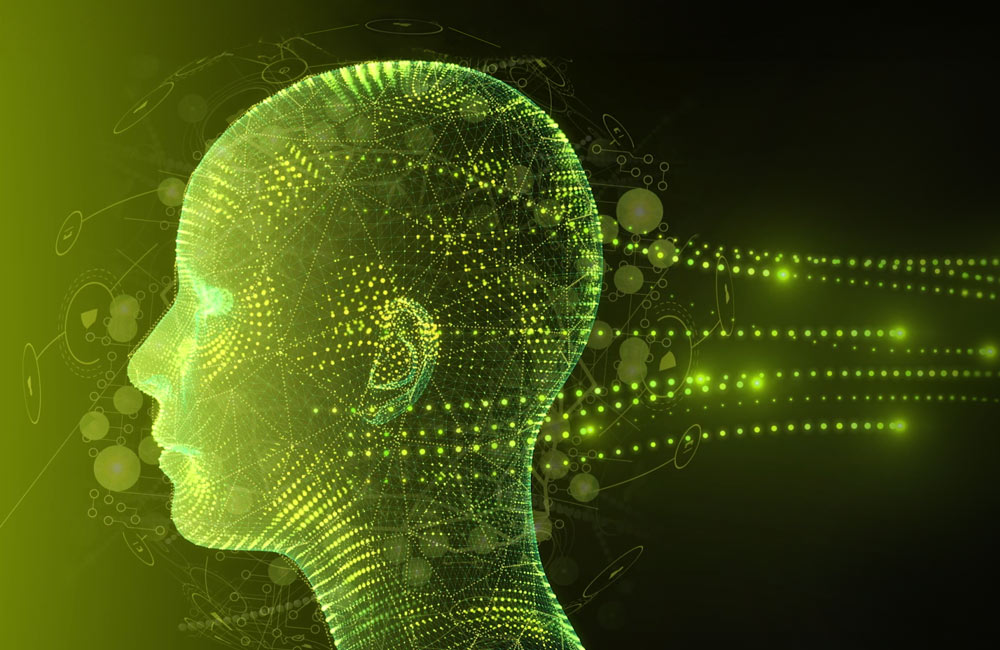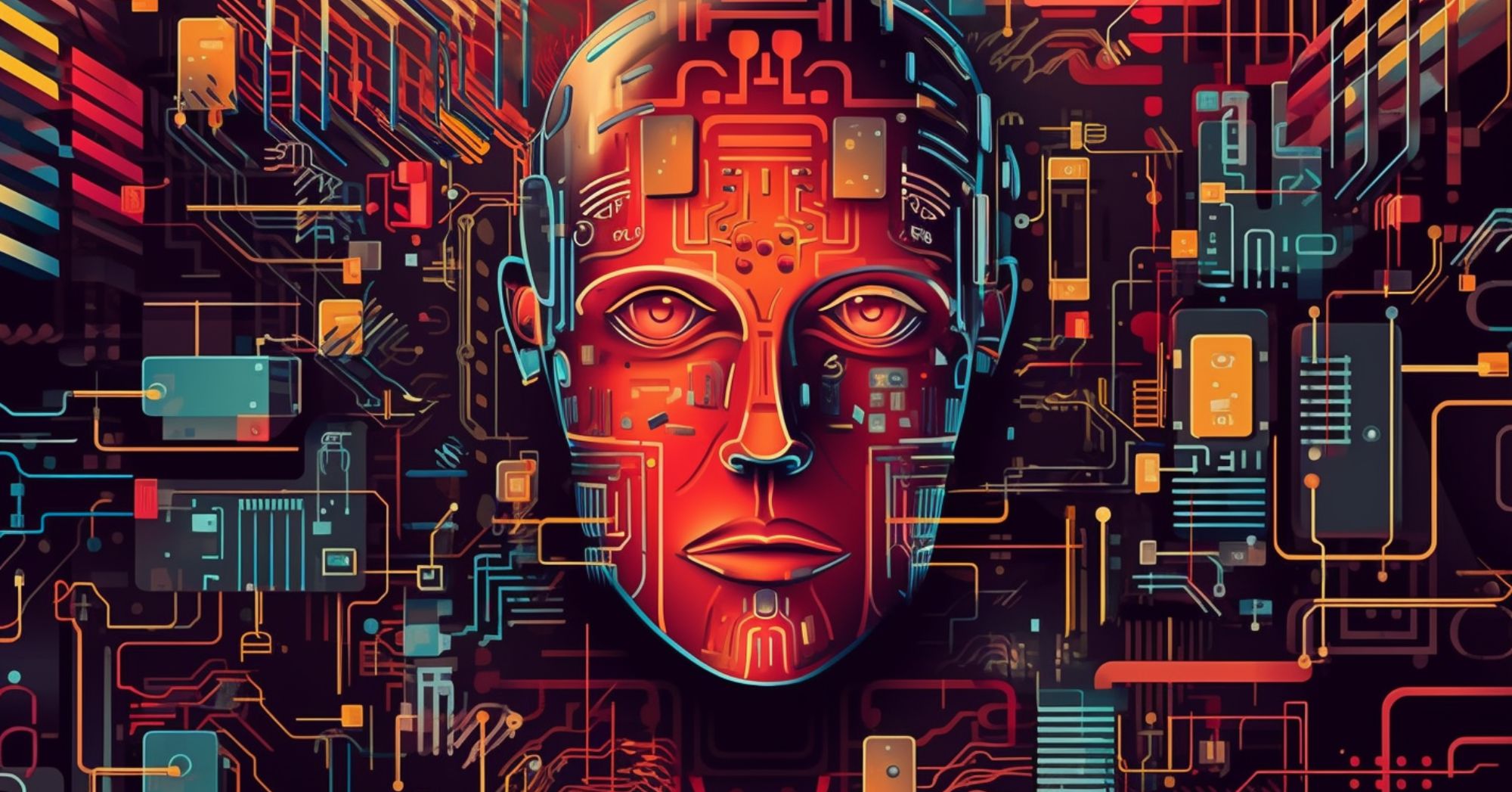Technology is altering our world at an impressive speed! Its sweeping modifications can be discovered everywhere and they can be referred to as both thrilling, forum.pinoo.com.tr and at the very same time scary. Although people in numerous parts of the world are still trying to come to terms with earlier technological revolutions in addition to their sweeping social and educational implications - which are still unfolding, they have been awoken to the reality of yet another digital transformation - the AI revolution.

Artificial Intelligence (AI) technology refers to the capability of a digital computer system or computer-controlled robotic to perform tasks that would otherwise have been performed by human beings. AI systems are designed to have the intellectual processes that characterize people, such as the capability to factor, discover significance, generalize or discover from previous experience. With AI technology, large quantities of details and text can be processed far beyond any human capacity. AI can likewise be utilized to produce a huge variety of new material.
In the field of Education, AI technology comes with the possible to allow new types of mentor, discovering and instructional management. It can likewise boost finding out experiences and support teacher jobs. However, archmageriseswiki.com despite its positive capacity, AI likewise positions substantial risks to trainees, the teaching community, education systems and it-viking.ch society at large.
What are a few of these risks? AI can reduce mentor and learning processes to computations and automated jobs in ways that devalue the function and impact of instructors and deteriorate their relationships with learners. It can narrow education to just that which AI can process, model and deliver. AI can also aggravate the worldwide scarcity of certified teachers through disproportionate costs on innovation at the cost of investment in human capacity development.
Using AI in education likewise develops some basic questions about the capacity of instructors to act actively and constructively in figuring out how and when to make judicious usage of this technology in an effort to direct their professional development, find options to obstacles they deal with and improve their practice. Such essential questions include:

· What will be the function of instructors if AI technology become widely carried out in the field of education?
· What will assessments look like?
· In a world where generative AI systems appear to be establishing brand-new capabilities by the month, what abilities, outlooks and proficiencies should our education system cultivate?
· What modifications will be needed in schools and beyond to help students strategy and direct their future in a world where human intelligence and device intelligence would seem to have ended up being ever more carefully connected - one supporting the other and vice versa?
· What then would be the function or function of education in a world dominated by Expert system technology where people will not necessarily be the ones opening brand-new frontiers of understanding and understanding?
All these and more are intimidating concerns. They force us to seriously consider the concerns that develop regarding the application of AI innovation in the field of education. We can no longer simply ask: junkerhq.net 'How do we get ready for an AI world?' We must go deeper: 'What should a world with AI appear like?' 'What functions should this effective innovation play?' 'On whose terms?' 'Who chooses?'

Teachers are the main users of AI in education, and they are anticipated to be the designers and facilitators of trainees' knowing with AI, the guardians of safe and ethical practice across AI-rich educational environments, and to function as good example for lifelong finding out about AI. To assume these obligations, teachers require to be supported to develop their abilities to utilize the possible advantages of AI while reducing its threats in education settings and larger society.
AI tools should never ever be designed to replace the legitimate accountability of teachers in education. Teachers must stay responsible for pedagogical decisions in using AI in teaching and in facilitating its usages by trainees. For teachers to be accountable at the useful level, a pre-condition is that policymakers, teacher education organizations and schools presume obligation for preparing and supporting instructors in the appropriate use of AI. When presenting AI in education, legal protections need to also be established to safeguard instructors' rights, and long-term monetary dedications need to be made to guarantee inclusive access by instructors to technological environments and fundamental AI tools as essential resources for adjusting to the AI age.
A human-centered approach to AI in education is critical - an approach that promotes crucial ethical and
practical principles to help control and direct practices of all stakeholders throughout the whole life process of AI systems. Education, kenpoguy.com offered its function to protect along with facilitate development and learning, has a special responsibility to be completely aware of and responsive to the risks of AI - both the recognized risks and those only simply coming into view. But too frequently the dangers are neglected. The usage of AI in education therefore requires careful consideration, consisting of an assessment of the progressing roles teachers require to play and the competencies required of instructors to make ethical and efficient usage of Artificial Intelligence (AI) Technology.
While AI provides opportunities to support instructors in both teaching along with in the management of learning processes, significant interactions between instructors and trainees and human thriving need to stay at the center of the educational experience. Teachers should not and can not be replaced by innovation - it is vital to secure instructors' rights and make sure appropriate working conditions for them in the context of the growing usage of AI in the education system, in the office and in society at large.









